专题02 阅读理解之记叙文-十年(2012-2021)高考英语真题分项详解(全国通用) 原卷版
专题02阅读理解之记叙文【2021年】1.(2021年新高考I卷)BByday,RobertTittertonisalawyer.InhisspareonstagebesidepianistMariaRaspopova—notasamusicianbutasherpageturner.“I’mnotatrainedmusician,butI’velearnttoreadmusicsoIcanhelpMariainherperformance.”MrTittertonischairmanoftheOmegaEnsemblebuthasbeenthegroup’sofficialpageturne...
相关推荐
-
财务风险管理专题二-企业内部控制VIP免费
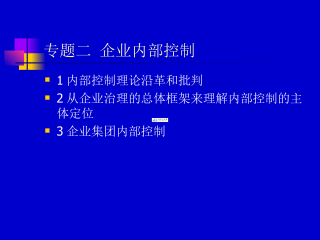
 2024-12-03 11
2024-12-03 11 -
财务管理制度:内部控制制度汇编VIP免费
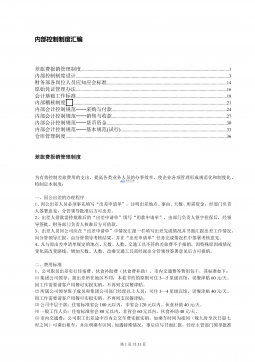
 2024-12-03 11
2024-12-03 11 -
金融管理:银行业务流程及内部控制VIP免费
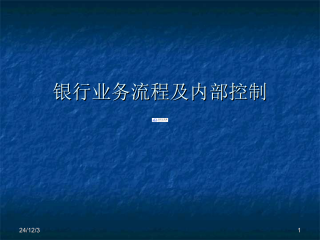
 2024-12-03 9
2024-12-03 9 -
上市公司内部审计研究VIP免费
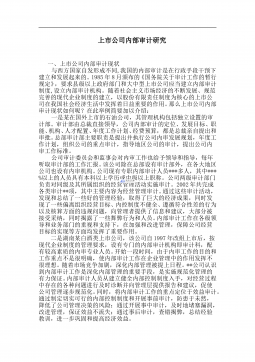
 2024-12-03 9
2024-12-03 9 -
商业银行内部控制评价试行办法VIP免费
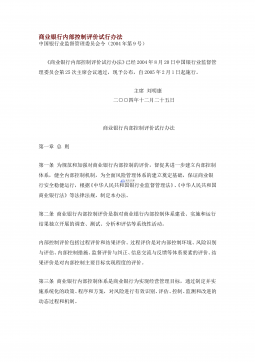
 2024-12-03 20
2024-12-03 20 -
企业内部控制设计1VIP免费
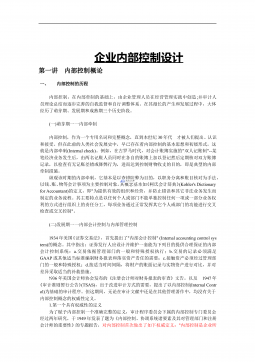
 2024-12-03 13
2024-12-03 13 -
内部控制制度VIP免费
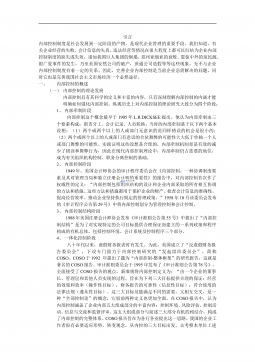
 2024-12-03 15
2024-12-03 15 -
关于提取资产减值准备和坏帐损失处理的内部控制制度VIP免费

 2024-12-03 12
2024-12-03 12 -
某集团公司内部控制制度VIP免费
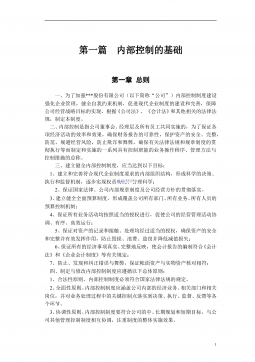
 2024-12-03 21
2024-12-03 21 -
述职述责述廉经典提纲100套VIP免费
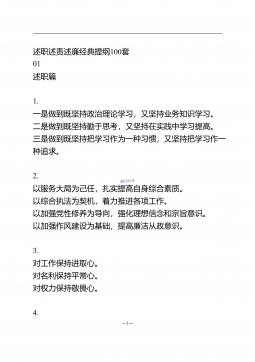
 2024-12-03 12
2024-12-03 12
作者详情
相关内容
-
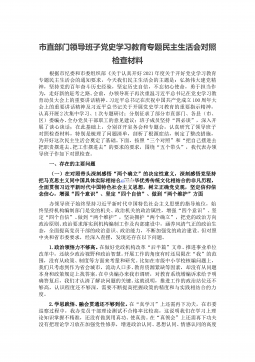
20220104市直部门领导班子党史学习教育专题民主生活会对照检查材料
分类:办公文档
时间:2025-03-03
标签:无
格式:DOC
价格:5.9 玖币
-
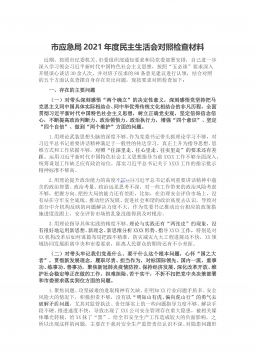
20220102市应急局2021年度民主生活会对照检查材料
分类:办公文档
时间:2025-03-03
标签:无
格式:DOC
价格:5.9 玖币
-
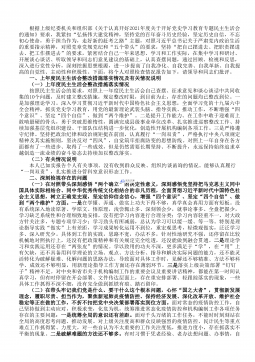
20220101市直机关副职领导党史学习教育专题民主生活会对照检查材料
分类:办公文档
时间:2025-03-03
标签:无
格式:DOC
价格:5.9 玖币
-

20220101党员领导干部2021年度民主生活会个人发言材料(1)
分类:办公文档
时间:2025-03-03
标签:无
格式:DOCX
价格:5.9 玖币
-
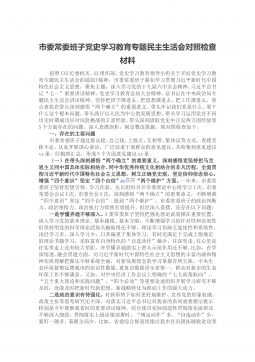
20220101市委常委班子党史学习教育专题民主生活会对照检查材料
分类:办公文档
时间:2025-03-03
标签:无
格式:DOC
价格:5.9 玖币




 渝公网安备50010702506394
渝公网安备50010702506394
